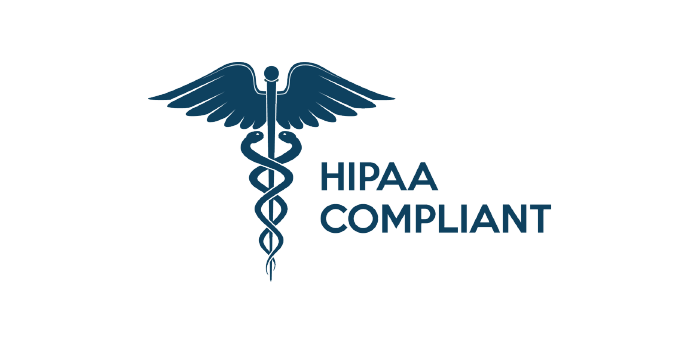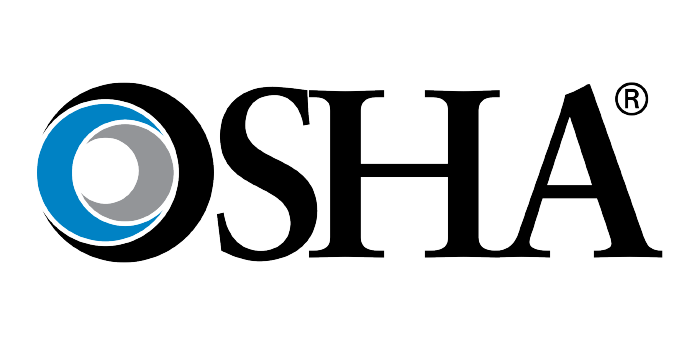Types of Medical Waste in Dialysis Centers
- Infectious Waste: Items that are potentially contaminated with blood or other bodily fluids, including dialysis tubing, bloodline sets, and filters.
- Sharps Waste: Needles, syringes, and lancets used in dialysis treatment.
- Pharmaceutical Waste: Includes expired or unused drugs, as well as medications that must be disposed of due to non-compliance with standards.
Waste Segregation and Storage
- Segregation: Medical waste must be segregated at the point of generation to prevent cross-contamination. Dialysis centers must separate infectious waste, sharps, and other waste categories immediately during or after patient treatment.
- Storage: Medical waste must be stored in clearly marked, leak-proof containers with secure lids. These containers should be kept in a designated area away from public access until they are transported for disposal.
Handling Sharps Waste
- Sharps waste (e.g., needles, syringes, lancets) must be placed in puncture-resistant containers that are appropriately labeled as "sharps." These containers must be disposed of in accordance with California regulations and federal guidelines (e.g., OSHA's Bloodborne Pathogens Standard).
Transportation of Medical Waste
- Licensed Haulers: Medical waste must be transported by a licensed waste hauler, and facilities must ensure proper tracking and documentation of the waste’s journey to disposal.
- Manifest System: A manifest or tracking form should be completed to track waste from the dialysis center to the disposal facility. This ensures accountability and regulatory compliance.




